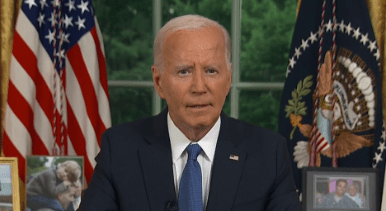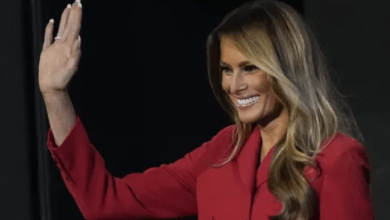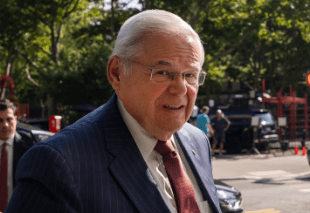biden admin declares post cold war era definitively over alexander ward politico
Alexander ward politico: Biden admin declares post-Cold War era ‘definitively over
Alexander ward politico
The administration’s long-delayed National Security Strategy hammers on China, Russia and a host of global threats requiring international cooperation.

post-Cold War era is “definitively over,” the Biden administration declared in a new national security strategy, describing its intention to compete ferociously against China and Russia — while also collaborating with them on global threats like climate change.
The long-awaited National Security Strategy, delayed by the invasion of Ukraine, serves as a reference point for Biden administration officials to coordinate policies across the government. The congressionally mandated document encapsulates President Joe Biden’s thinking on the state of the world and how his administration will navigate challenges to the homeland and global order.
In a foreword, Biden calls this the “decisive decade to advance America’s vital interests.” The U.S. will do so in three ways before time runs out, according to the document: investing at home to strengthen the local economy, society and defenses; growing coalitions and alliances; and modernizing and strengthening the military.
That will allow the U.S. the take on the most pressing problem, per the strategy: “powers that layer authoritarian governance with a revisionist foreign policy” — that is, China and Russia.
That will require complicated maneuvering on the part of the administration, which also said in the strategy that it plans to simultaneously work with China, Russia and allies to curb pandemics, slow climate change and boost food and energy security. That’s how the administration hopes to break with the Cold War paradigm of “with us or against us” even in a new age of great-power rivalry: The countries with which the U.S. will steadfastly compete can still be engaged as partners in solving global problems.
China “is the only competitor with both the intent to reshape the international order and, increasingly, the economic, diplomatic, military and technological power to do it,” the administration declares in the strategy. To win that competition, the Biden administration says it will help countries meet their needs without the reciprocation China typically expects, work to maintain peace between China and Taiwan, align a diplomatic approach toward China with allies, and work with Beijing on areas where U.S. and Chinese interests align.
“We can’t let the disagreements that divide us stop us from moving forward on the priorities that demand that we work together, for the good of our people and for the good of the world,” the document reads.
As for Russia, which the document says “has chosen to pursue an imperialist foreign policy with the goal of overturning key elements of the international order,” the U.S. will proceed to punish the country for the invasion of Ukraine. But, just like with China, the Biden administration is open to working with Russia in areas where a partnership can be “mutually beneficial.”
Jake Sullivan, the national security adviser, said the Russia-launched war didn’t significantly change Biden’s foreign policy views. “It’s only been reinforced and amplified over the course of his time in office,” he told reporters Wednesday in a call organized by the White House.
The language in the new document echoes the Trump administration’s national security strategy, which asserted “great power competition returned,” and the second Obama-era iteration, which emphasized the need to revitalize democracy at home while partnering with allies on global issues.
It makes sense, as Biden, Sullivan, and Secretary of State Antony Blinken have spoken repeatedly in both Trumpian and Obamian terms on world affairs, sometimes in the same sentence.
“We need to invest in the underlying sources and tools of American power and influence, especially our strength here at home, both for the purpose of effective competition and for the purpose of being set up to rally the world to solve shared challenges,” Sullivan told reporters.
The focus on China and Russia, though, can’t distract from the transnational threats facing the U.S. and many other nations. The administration identified key ones in the strategy: climate change; pandemics and biodefense; food insecurity; arms control and non-proliferation; and terrorism. Terrorism’s relatively low listing in the order of the global threats shows how far the U.S. has come from the days of the so-called war on terror, when the U.S. government after the attacks of September 11, 2001 reoriented itself for an ill-fated attempt to eradicate terrorism as a practice.
To take these challenges on, the administration said it will pursue “two simultaneous tracks: one where the U.S. works with “all countries and institutions” to solve the problem, and another where Washington aims to “deepen” ties to like-minded partners.
“We have to turn the page on the traditional formula,” Sullivan said –– because of vulnerabilities in the supply chain, investments and energy security that were exposed during the Covid-19 pandemic and war in Ukraine.
Sullivan will expand on the report at a joint event hosted by Georgetown University and the Center for a New American Security think tank later on Wednesday.




